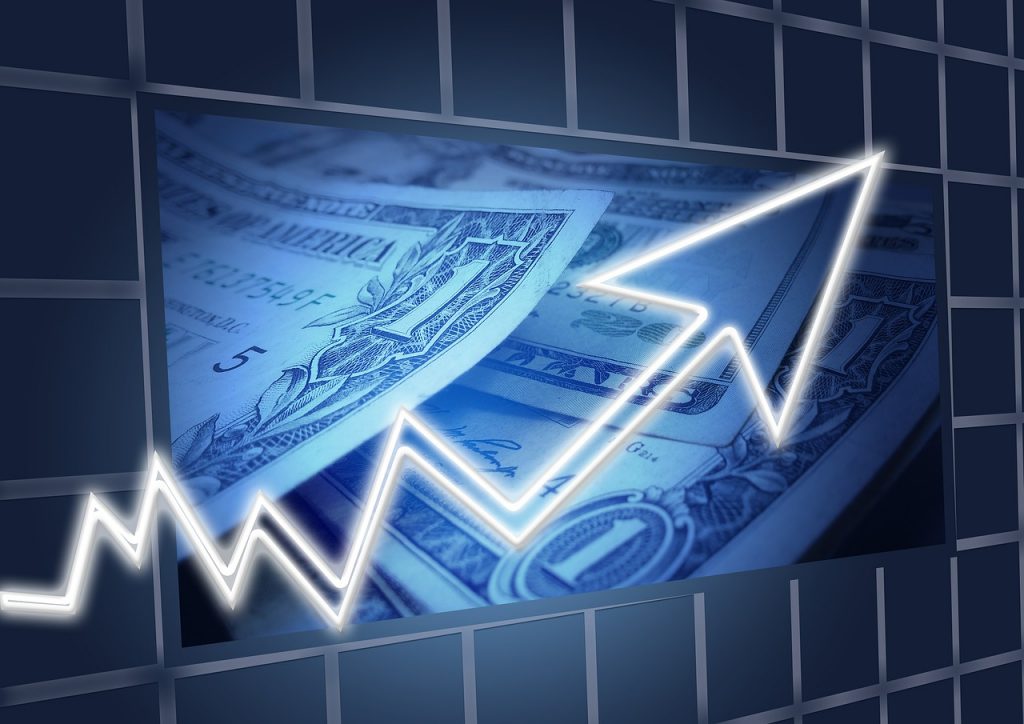The Industries Most Impacted By Inflation, And What The Means For You
Learn what inflation has and will impact most in the coming months and what those effects will mean for you.
This article is more than 2 years old

There have been a lot of economical shifts in recent months. The predominant catalyst for these shifts has been inflation. Following a period of flourishing consumer spending, inflation has now begun to infiltrate the bottom lines of many corporations as people start to make concessions to protect the most important parts of their budgets. The thing is, though, that those concessions are more measurable in some areas of commerce and less noticeable in others.
Interestingly, and perhaps predictably given the circumstances that defined the better part of the last two and a half years, industries that offer experiential opportunities are faring far better than other retailers right now. For instance, CNBC reported that movie theaters are experiencing enormous upticks in the amount of foot traffic they are seeing. The renaissance of the movie theater following years of lockdowns is also likely happening at just the right time. This is because the movie industry as a whole is considered generally recession-proof. Essentially, that means that despite how badly budgets are strained people will often still shell out money to see a movie. This is because movies are not as costly as some other experiential endeavors like taking a vacation or even visiting a theme park. And even in times of economic strain people still need to find ways to get out and do things. Going to the movies fits well into circumstances such as that.
Although, interestingly enough, the phenomenon of what experts are tentatively calling “revenge travel” has kept sales of plane tickets and vacation packages high. Revenge travel is essentially the sentiment that people are so desperate to get out and about again after years of pandemic-related lockdowns that they will pay any price to make that happen, even if their decision doesn’t make economical sense. Other sectors of commerce predicted to be less affected overall by inflation include the alcohol industry as well as high-end retailers like Gucci.
On the flip side, retailers like Target and Walmart’s sales have already seen significant downturns. Both companies reported profit losses last quarter and both are contending with excess inventory of non-essential and big-ticket items like TVs, furniture, and appliances. The housing industry has also taken a big hit. The slump in housing sales can largely be attributed to the Federal Reserve’s newly instituted inflation-busting rate hikes, but it’s also a general indication that there just isn’t as much capital freely floating around.
The restaurant industry, which was deeply affected by the pandemic’s effects, could also incur a pretty significant negative impact due to the confounding consequences of percolating inflation. Although, experts think that any real damage done to restaurants will be limited to the higher-end options. This is because of fast food’s innate affordability factor.
Overall, these early symptoms and trends that can be linked directly back to inflation serve as a foreshadowing of what to expect in the coming months as those effects become more and more defined. Essentially, the big takeaway is that consumers will first prioritize their needs, they will then look to fill the experiential void that has remained empty for the past few years. Industries that don’t fit in with that mold are poised to endure the biggest inflation-related impacts.








